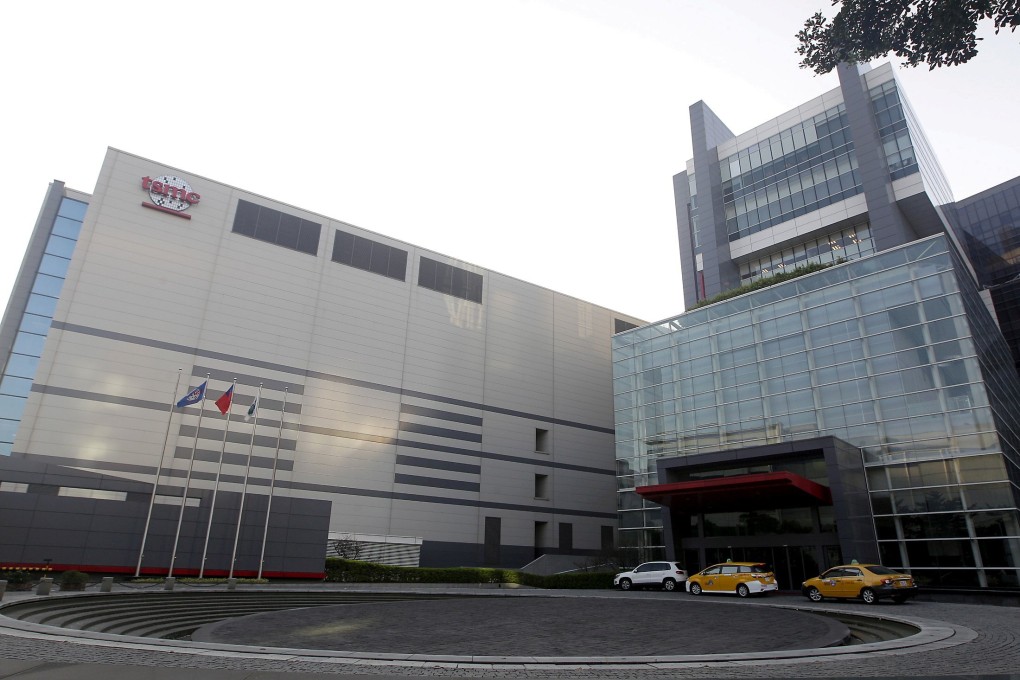Why has TSMC’s Nanjing expansion plan stirred up a hornets’ nest in Beijing and Taipei?
- TSMC says expansion will help it address chip shortage, particularly for automotive sector
- One analyst says move could stifle domestic chip development on the mainland

While the decision by Taiwan Semiconductor Manufacturing Co (TSMC), the world’s biggest contract chip manufacturer, to expand production at its plant in Nanjing, the capital city of Chinese coastal province Jiangsu, may make sense amid a global chip shortage, it has nonetheless stirred cross-strait tensions.
The plan to spend US$2.87 billion to expand production at the Nanjing fab, which produces 28-nm node chips and lags behind TSMC’s most advanced plants by at least two generations, can be explained in straightforward terms.
“The expansion of our existing site is the quickest solution to provide additional capacity to our global customers, including automotive chip makers,” said the Taiwan-based company in a statement.
The mature chips are not subject to US sanctions, as Washington only restricts technologies of 7-nm node chips and under to China. The plan to double production capacity at the Nanjing plant also forms part of TSMC’s US$100 billion investment plan over the next three years, unveiled in early April and which has been under consideration since the plant started scaling up production in 2018.
However, the expansion – which will double monthly capacity at the Nanjing fab to 40,000 wafers – has kicked up controversy in both Beijing and Taipei amid heightened cross-strait tensions and the US-China tech war.